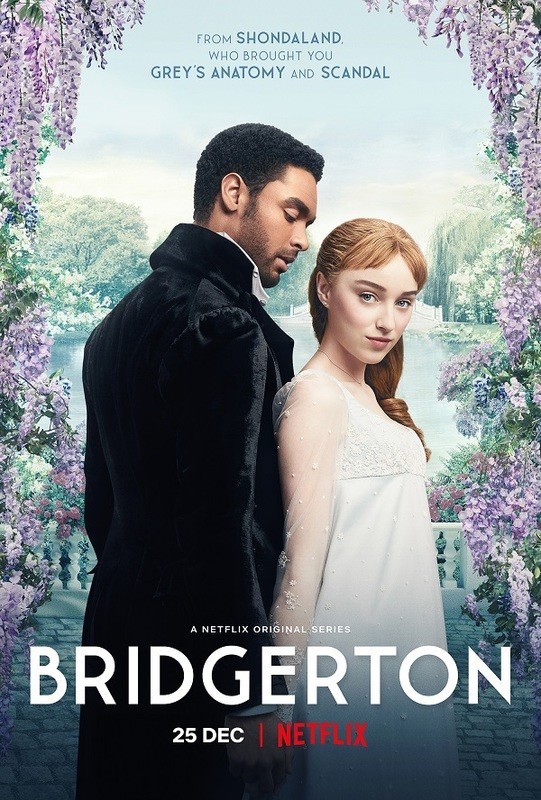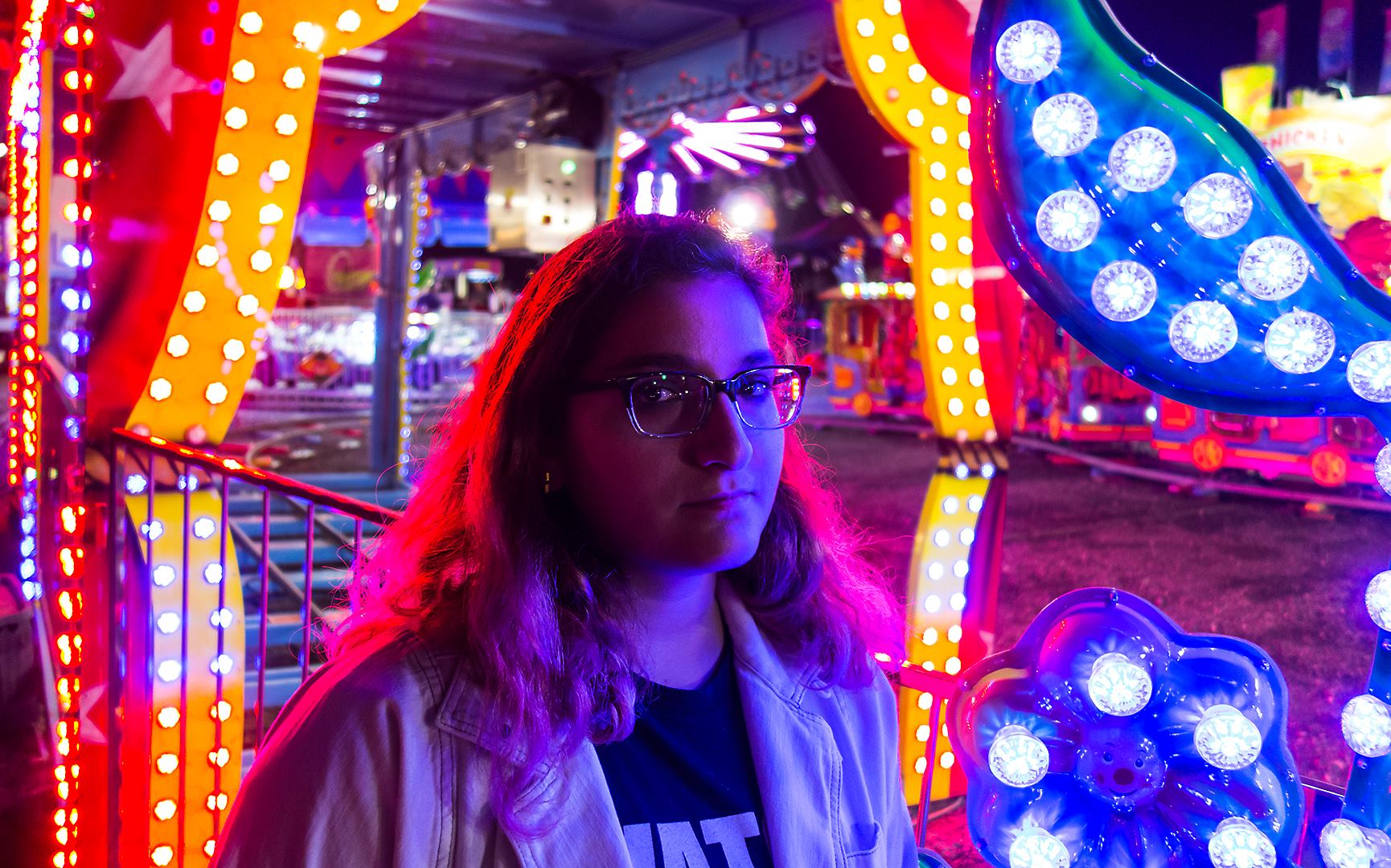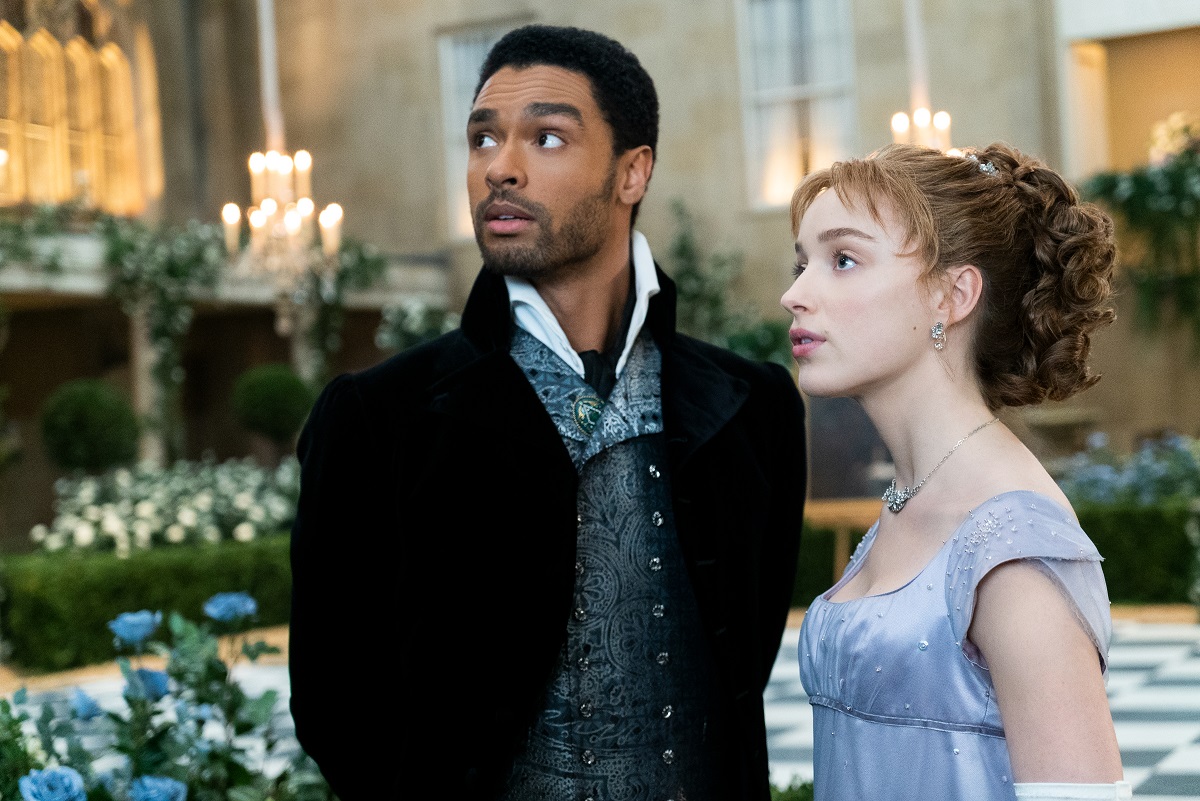As a genre, romance is frequently described with the kind of dismissive words that suggest a certain inherent, and often sexist, bias. “Bodice-ripper” isn’t so bad, but “trashy” is, and the latter comes up quite often in critical analysis of projects that dare to imagine their protagonists happy, in love, and having a lot of sex. This point isn’t to suggest that all romance films are actually good—rest assured that the “Fifty Shades of Grey” trilogy will not be defended here—but to note that, like the romantic comedy, the romance genre tends to be targeted toward female fans, and also tends to be broadly derided. Is there some kind of connection there? Absolutely. And that’s what makes assessing a project like Netflix’s “Bridgerton,” with its varying pleasures and failures, so tricky.

On the one hand, the show’s juicier elements—the acrobatic sex, the whispered gossip, the fights and backstabbing—populate some of the series’ most exciting scenes. The ensemble cast tears into the witty one-liners and cutting insults of creator Chris Van Dusen’s adaptation of Julia Quinn’s Bridgerton novels. The production and costume designers amp up the world of privilege these characters occupy with sprawling estates and opulent gardens, extravagant outfits of satin, tulle, and velvet, and elaborate ball after elaborate ball, during which anachronistic choices like Ariana Grande’s “Thank U, Next” and Billie Eilish’s “Bad Guy” are performed by the Vitamin String Quartet. From both an aesthetic and erotic perspective, “Bridgerton” delivers. But where the show falters is in carving paths forward for its characters that feel in any way unique or singular. Instead, some of the storylines stretch out far longer than their natural evolution, while others are hastily introduced and resolved in a fraction of the time. The result is an inconsistently paced effort that ultimately reveals itself as an entirely predictable “Pride and Prejudice” retread. “Bridgerton” is amusing enough and will scratch a certain thirsty itch, but its themes about love, marriage, and class aren’t quite as progressive as it would like to think.
Van Dusen’s series transports us to a version of Regency-era England in 1813 that is far more ethnically diverse than history actually allowed. In “Bridgerton,” the Queen Charlotte (Golda Rosheuvel) with whom the king fell in love is a Black woman, and his adoration of her paved the way for the inclusion of other races other than only white people in proper British society. But few families of any ethnic background can rival the powerful, prestigious Bridgertons, whose eldest daughter Daphne (Phoebe Dynevor) is set to make her society debut. She is everything a desirable young woman should be—delicate, pretty, and slim; clever in conversation and demure otherwise; kind to household staff, commoners, and other elites alike; determined to be a good wife and mother—and the Bridgertons have high hopes that she’ll do well during the upcoming season of balls, parties, dinners, teas, and other events that allow for young men and women to catch each other’s eyes, and their parents to work out the details of their engagements. Although the Queen describing Daphne as “flawless” in her debut is a triumphant moment, younger Bridgerton sister Eloise (Claudia Jessie) correctly observes that the other 200 or so young women who also came out to society that year now have a “collective adversary.” What men will be left for them if they’re all off courting Daphne?

But things don’t go quite according to plan. The first issue is the arrival of the beautiful and mysterious Marina Thompson (Ruby Barker), a distant cousin of the “tasteless, tactless” Featherington family, who are frenemies of the Bridgertons. At the first ball of the season, Marina charms and enchants, while Daphne stumbles—literally. Her bumping into the eligible bachelor Simon, Duke of Hastings (Regé-Jean Page), and their terse conversation afterward, causes a stir. Mothers eager to get a member of the landed gentry interested in their daughters are constantly watching, and any misstep of Daphne’s could damage her marriage prospects. When Daphne realizes that her overprotective older brother Anthony (Jonathan Bailey), now the viscount of the house after her father’s death, is going to scare away any suitors whom he doesn’t consider promising, and when she learns that Simon is utterly disinterested in marriage and wants to get everyone off his back, the two of them hatch a plan. If Simon and Daphne pretend to be courting, Daphne’s unavailability will renew male interest in her, while Simon’s suggested affection for Daphne will dissuade female interest in him. They can’t stand each other (she calls him a “rake”; he calls her “desperate”), but each of them gets what they want—as long as the secretive Lady Whistledown, who serves as the series’ narrator (voiced by Julie Andrews), doesn’t find out about the scheme and spill the dirt in her rabidly consumed scandal sheet.
Of course, if you’ve read any Jane Austen novel, or seen any romantic comedy from the last 30 or so years (from “Pretty Woman” through “Easy A”), you can guess where this is going. Frustratingly, however, “Bridgerton” takes its sweet time getting there. About half the season is devoted to characters dancing around each other rather than proclaiming what they want, and after relationships are finally established, major obstacles are then inserted into the lovers’ paths, only to be hastily resolved. The inconsistent pacing makes for early episodes that drag and latter installments that seem too rushed, in particular a subplot about whether the purpose of marriage is love for its own sake, or children and familial legacy.
Those are major questions that “Bridgerton” tidily wraps up in about one episode’s time, sometimes with characters’ decision making taking place entirely off-screen, and the result is that certain arcs end up shortchanged. What causes a young woman to break up with one of the Bridgerton brothers after their prolonged, passionate affair? What inspires the individual who is eventually revealed as Lady Whistledown? What effect does the death of a patriarch have on a certain family? “Bridgerton” wants a little morsel of story for nearly everyone (except for the household staff members, maids, housekeepers, cooks, and servants, who are universally devoted, loyal, and perfectly happy serving all these rich people), which is admirable. But some characters get such scraps that it almost seems like a disservice to have made the attempt at all. And some of the series’ greatest shortcomings are how inconsistently it addresses the “model minority” pressure placed upon the characters who were elevated upward as a result of Charlotte marrying into the royal family, and how little attention it pays to Charlotte herself as a Black woman attempting to rule a country alone, rather than just serving as the ailing king’s wife.

Still, the cast is game for pretty much anything, and their willingness to throw themselves into numerous outsized declarations of love and a staggering array of energetic sex scenes (which last longer than you would expect, and are appreciably egalitarian in their focus on both male and female pleasure) sells a lot of this. Dynevor and Page have solid chemistry, and they convey the transforming feelings of the central couple. Their pivot into increasingly sexual flirtation, including a conversation about masturbation, is abrupt, but pays off with a callback later on. Also wonderful are Nicola Coughlan as the brainy Featherington daughter Penelope, whose close friendship with Eloise has been forged over years of rolling their eyes at their families’ antics, and Adjoa Andoh as Lady Danbury, a mother figure for Simon who can pull strings with the best of them. The flashbacks focusing on her tutelage of a young Simon allow the actress to display both steeliness and tenderness; Andoh’s performance is the most multifaceted performance of the whole show. Austenites will rejoice at scenes where one character gently pulls off another’s gloves or undoes the many tiny buttons of her undergarments, and when a declaration of love is given during a thunderstorm. And some of the series’ funniest moments arise from a self-aware cheekiness at the absurdity of this world: Anthony’s steward diverting his horse’s gaze from Anthony having sex with a woman up against a tree; one of the Featherington daughters fainting before Queen Charlotte because of a too-tight corset; Portia Featherington (Polly Walker) snapping at her daughter Penelope to put down a book lest it “confuse your thoughts.” More of that irreverence would have served “Bridgerton” well, instead of three separate episodes during which Daphne and Eloise struggle to understand what sex is and how women become pregnant. That thematic bludgeoning isn’t the show’s strong suit.
The primary issue, though, is that “Bridgerton” is most interested in maintaining a specific heterosexual woman’s fantasy, and will shuffle past legitimate concerns raised by its very narrative to maintain that dream. There is a formula for joy in “Bridgerton,” and the show never really strays from those beats: buck tradition and find a “love match” instead of an arranged marriage; be relieved to find that the man in question is fabulously wealthy; have immediately perfect and flawlessly exceptional sex; step up as a protective matriarch while maintaining your attractiveness and sexual desirability; live happily ever after. That soothing familiarity makes for pleasant viewing, but boring viewing, too. “I am going to be a princess!” Daphne exclaims at one point, her pouty proclamation complete with a foot stomp. “Bridgerton” is best when it services the scintillating elements of this story rather than the self-satisfied part.
Entire eight-episode first season screened for review. “Bridgerton” drops on Netflix on December 25.












